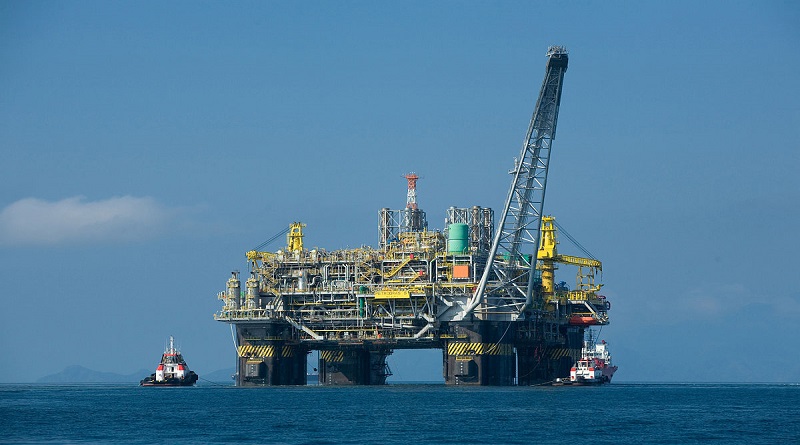New York City to divest $189bn pension funds of fossil fuels
In a move demonstrating its commitment to tackle the threats posed by climate change, New York’s Mayor Bill de Blasio has announced plans to divest the City’s USD 189 billion pension funds of fossil fuel assets.
The latest announcement is part of a growing international trend to divest from fossil fuels companies and invest in clean, renewable energy in order to accelerate the transition toward a low carbon economy.
Around 80% of all known fossil fuel reserves would need to remain in the ground for the international community to reach its goal of staying below a maximum two degrees Celsius global average temperature rise under the Paris Climate Change Agreement.
New York City has five pension funds with nearly USD 5 billion in the securities of over 190 fossil fuel companies. A resolution will soon be submitted to pension fund trustees to begin the process of divesting from fossil fuels within five years.
The local government has also filed a lawsuit against five major oil companies, seeking to hold them responsible for their contribution to climate change impacts and for not taking action despite being aware of the adverse impacts of burning fossil fuels.
“New York City is standing up for future generations by becoming the first major US city to divest our pension funds from fossil fuels,” said Mayor de Blasio. “At the same time, we’re bringing the fight against climate change straight to the fossil fuel companies that knew about its effects and intentionally misled the public to protect their profits.”
The lawsuit against BP, Chevron, ConocoPhillips, Exxon Mobil, and Royal Dutch Shell is aimed at recovering the billions of dollars needed to fund climate change resiliency measures to safeguard the city. This will focus on building physical infrastructure, including coastal protections and upgraded water and sewer infrastructure, and running public health campaigns to help protect local residents from the effects of extreme heat.
The office of Mayor says that climate change is the toughest challenge New York City will face in the coming decades. Sea levels have already risen about one foot against 1900 levels with most of that rise attributed to climate change. At the same time, extreme weather events such as flooding and storms are becoming more frequent and intense. The city is already implementing a USD 20 billion program to build resilience and help prepare local communities, businesses and public services to respond to the impacts of climate change.
Momentum to divest from fossil fuels companies and invest in clean, renewable energy in order to accelerate the transition toward a low carbon economy has been recently picking up pace around the world.
In the context of climate change, divestment means withdrawing money from companies, stocks or funds that contributes to rising temperatures and promotes fossil fuel development. Many investors are deciding against investing in companies that are now associated with climate related risks.
The latest figures released by the nongovernmental organization DivestInvest suggest that, so far, over 780 organisations and nearly 60,000 individuals have made commitments worth USD6 trillion to divest from fossil fuels and invest in climate solutions such as renewable energy.
During the recently held One Planet Summit in Paris, convened by French President Emanuel Macron, the World Bank pledged to stop investing in oil and gas exploration after 2019.
Also at the Paris Summit, Axa group decided to increase its divestment fivefold to reach Euro 2.4 billion, by divesting from companies which derive more than 30% of their revenues from coal, have a coal-based energy mix that exceeds 30%, actively build new coal plants, or produce more than 20 million tonnes of coal per year.




